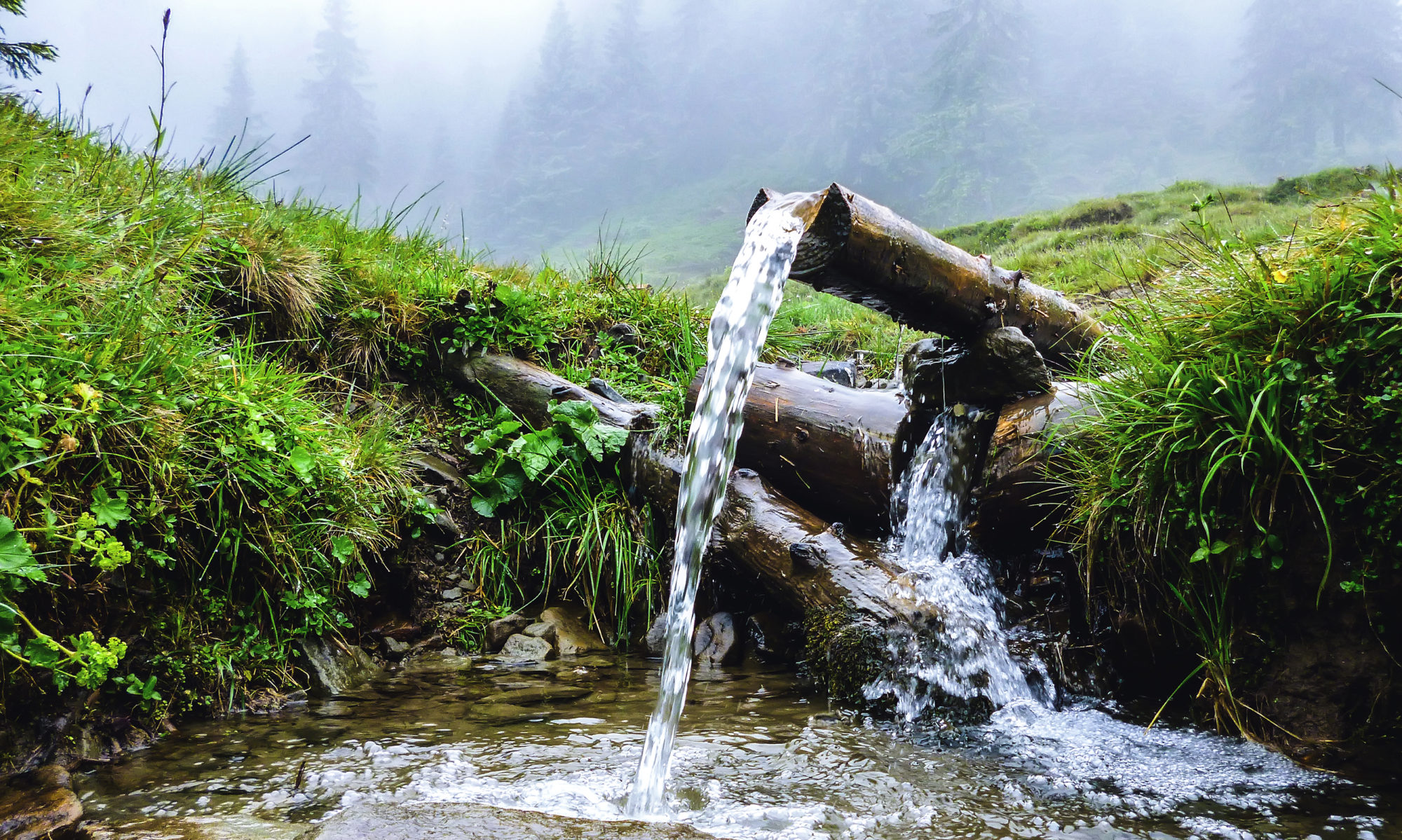Congratulations to Matt Hanson Dumont and co-authors Zeb Etheridge and Rich McDowell on the publication of their paper on Determining the likelihood and cost of detecting reductions of nitrate‑nitrogen concentrations in groundwater across New Zealand in Science of The Total Environment. Have a read of the full paper here.
The paper summarises some of the key findings of our work on the two-year Monitoring Freshwater Improvements programme, funded by Our Land and Water and part of the National Science Challenge. The aim of the programme was to investigate how monitoring programmes can be designed to establish relationships between improvements actions and their effect; actions are being taken to improve freshwater quality, but how do we know if these actions are successful?
Main takeaways from the paper include:
- Both the groundwater lag (the time it takes water to flow through the system) and the noise (the unexplained variation in NO3-N measurements) make it more difficult to confidently detect whether groundwater quality is improving due to national and regional policy and rules and on-the-ground actions.
- Excluding either groundwater lag times or the impact of noise will significantly overestimate our ability to detect changes and can set unrealistic stakeholder expectations.The current monitoring network, which was predominantly designed for aquifer characterization, is not suitable for detecting NO3-N reductions of the magnitude and at the rates which are likely to be implemented.
- Policy-relevant changes will likely only be detected by 40% of New Zealand’s network after 30 years.
- Confidently detecting NO3-N reductions is a difficult task and will often require bespoke monitoring networks integrating surface and groundwater monitoring.
- These new networks will require a significant increase in funding (100-300% increase)
For more information on the Our Land and Water programme, see our website and the official website, where you can find all the incredible work that the wider team have put out throughout the challenge.
